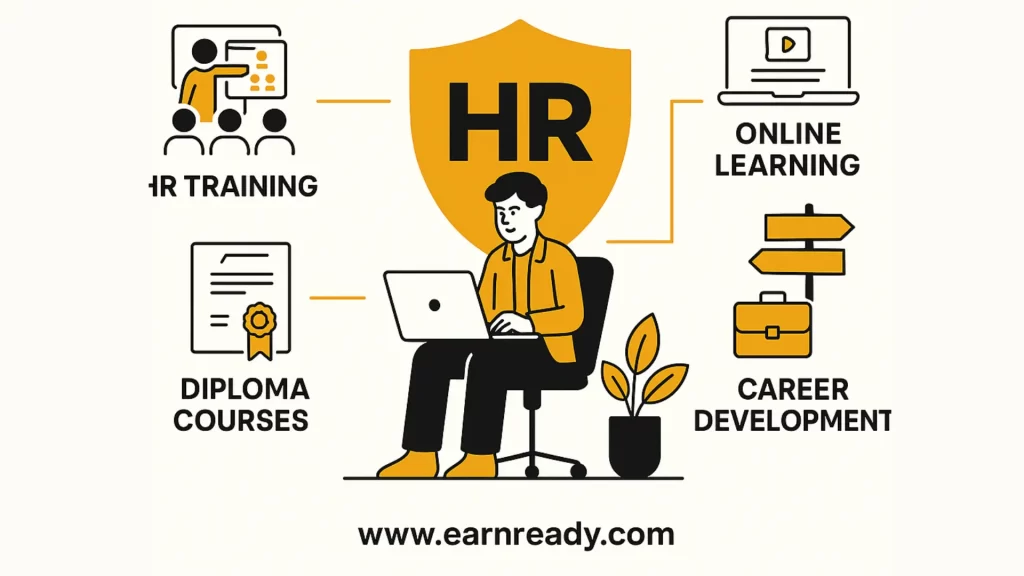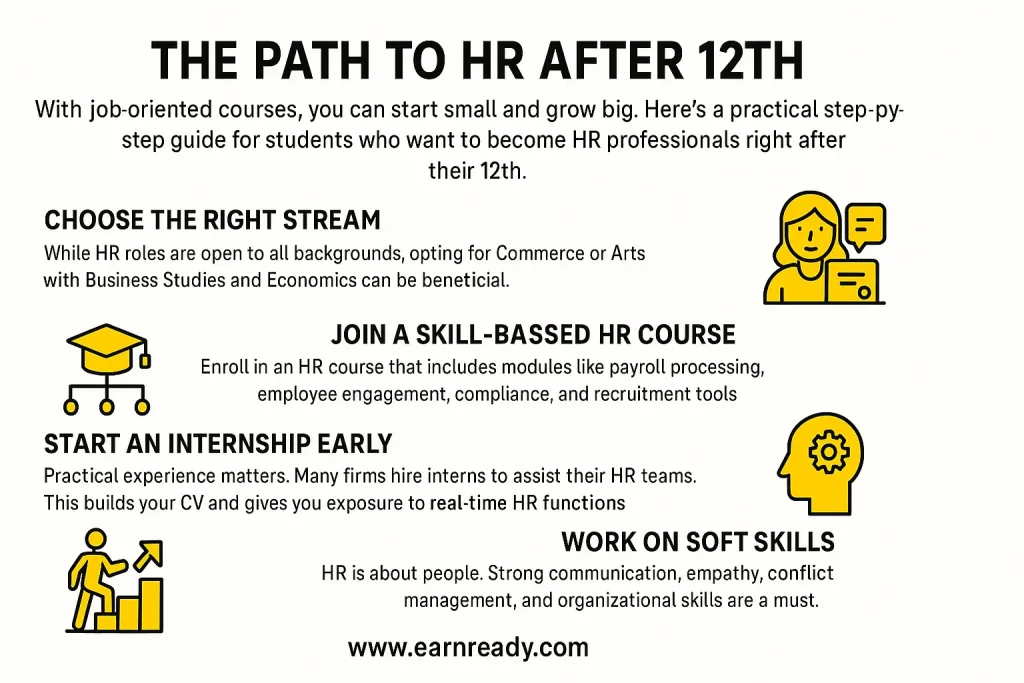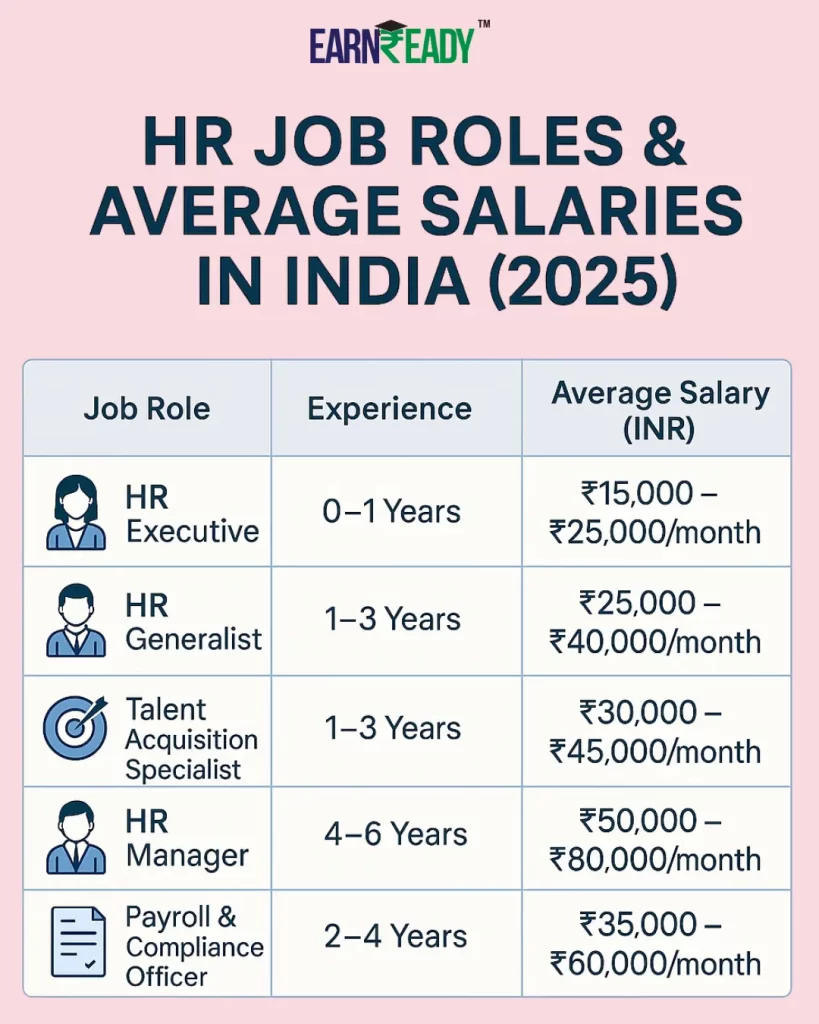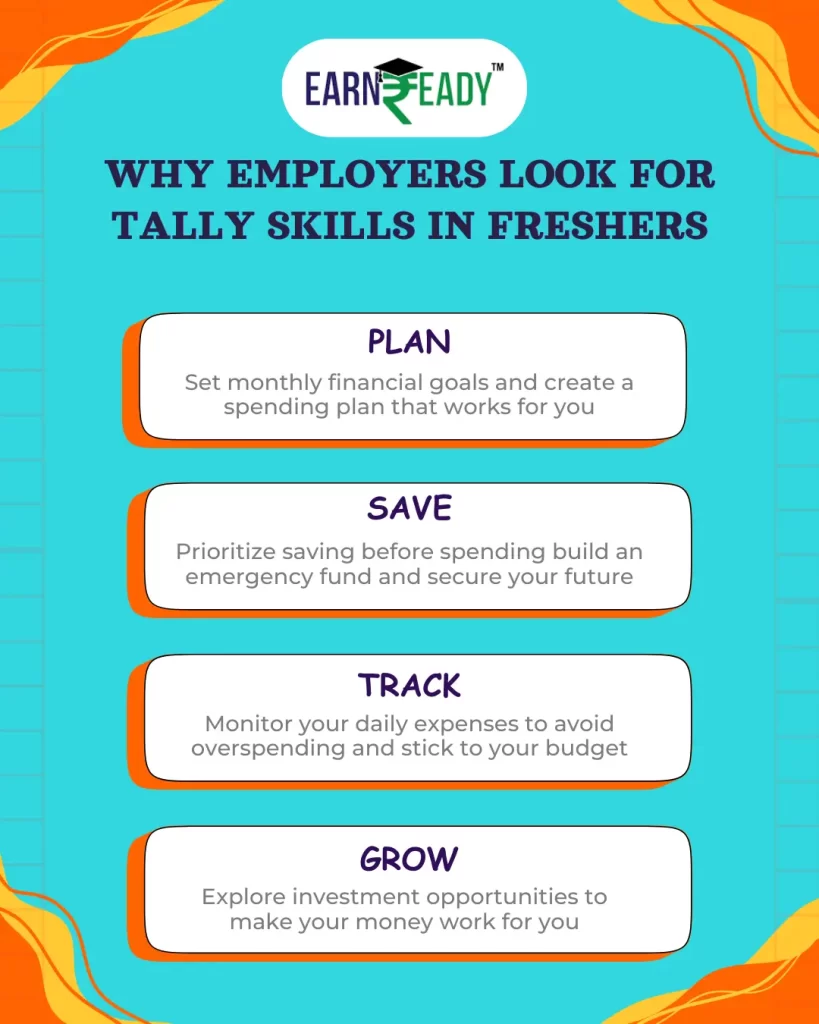An HR assistant plays a crucial role in supporting the human resources team through a variety of administrative and operational tasks. Whether in a small startup or a large corporation, an HR assistant ensures that essential HR functions run smoothly, contributing significantly to employee satisfaction and organizational compliance.
A typical day for an HR assistant includes managing and updating employee records in both physical and digital formats. This includes maintaining databases, filing performance reviews, updating contact information, and organizing confidential paperwork. The HR assistant also plays a vital role during the recruitment process by screening resumes, coordinating interview schedules with hiring managers, and sometimes conducting initial telephonic screenings. Their efficiency directly impacts the candidate experience and hiring timelines.
When new employees join the company, the HR assistant is responsible for preparing onboarding kits, assisting in completing paperwork, and guiding them through orientation sessions. This helps new hires feel welcomed and prepared to start their roles. The HR assistant often collaborates with training teams to ensure employees receive the necessary training materials and schedules.
Beyond recruitment and onboarding, the HR assistant helps draft internal communications, employee handbooks, policy documents, and offer letters. They are also expected to be up to date with labor laws and ensure the organization complies with legal requirements. This includes maintaining records related to workplace safety, diversity, and employee benefits. In many cases, the HR assistant also helps track employee attendance, leave balances, and supports basic payroll functions to ensure accuracy in salaries and deductions.
Due to the nature of the job, an HR assistant must be highly organized, detail-oriented, and able to manage multiple tasks at once. The role offers a unique chance to work closely with people across departments, making it a great starting point for those who wish to build a long-term career in HR. With each task, the HR assistant gains valuable insight into employee relations, compliance, organizational development, and workplace culture, making the position both dynamic and rewarding. Whether you’re just starting out or looking to transition into HR, working as an HR assistant can open doors to more specialized roles in the future.







